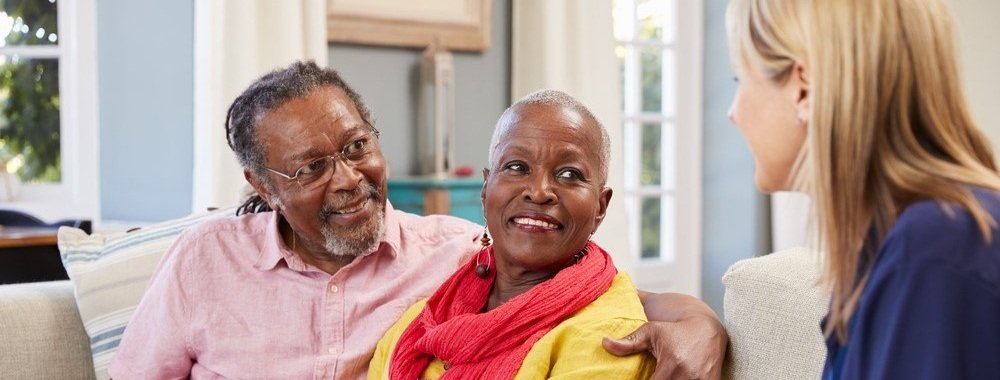
What is safeguarding?
What we mean by ‘safeguarding’ and who is at risk.
What do we mean by ‘safeguarding’?
Safeguarding means protecting people's health, wellbeing and human rights, and enabling them to live free from harm, abuse and neglect.
Safeguarding adults means:
Protecting people’s rights to live in safety, free from abuse and neglect.
People and organisations working together to prevent the risk of abuse or neglect, and to stop it from happening.
Making sure people's wellbeing is promoted, taking their views, wishes, feelings and beliefs into account.
Safeguarding Adults is underpinned by The Care Act 2014 which calls for effective multi agency working to ensure that adults at risk of harm are safeguarded within our communities.
An adult at risk is defined by The Care Act 2014 as a person who:
Has needs for care and support (whether or not the authority is meeting any of those needs)
Is experiencing, or at risk of, abuse or neglect;
andAs a result of those needs is unable to protect themselves against the abuse or neglect or the risk of it.
An adult at risk may therefore be a person who:
is elderly and frail due to ill health, physical disability or cognitive impairment
has a learning disability
has a physical disability and/or a sensory impairment
has mental health needs including dementia or a personality disorder
has a long-term illness/condition
misuses substances or alcohol
is a carer such as a family member/friend who provides personal assistance and care to adults and is subject to abuse
is unable to demonstrate the capacity to make a decision and is in need of care and support
This list is not exhaustive and being frail, elderly or having a disability does not mean you are therefore at risk, you could for example, be making an informed choice which others may consider unwise – but it is your choice. Both capacitated and incapacitated people can be at risk from harm and at risk of duress, pressure or undue influence.
